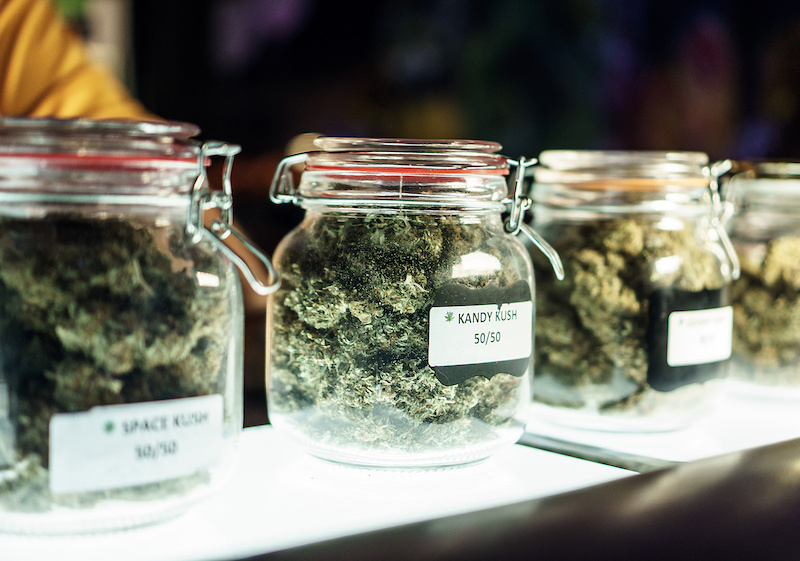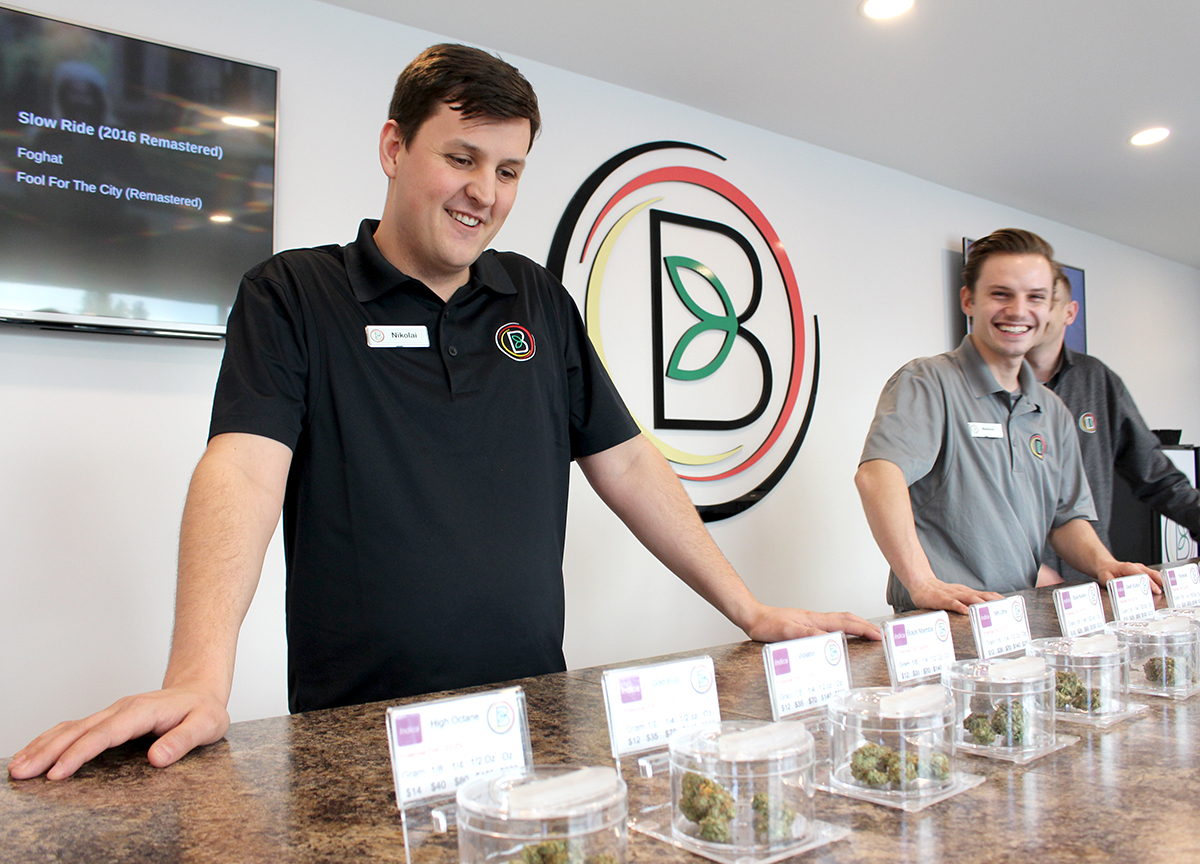News
Indigenous cannabis
Published on September 6, 2019 by oz. staff

Indigenous leaders from across Canada gathered in Vancouver this week to discuss legal weed.
The Assembly of First Nations (AFN) National Cannabis Summit at The Westin Bayshore Hotel opened dialogue on key cannabis issues among First Nations, government officials and academics — including the legalities of opening stores independent of The Cannabis Act.
Delegates discussed safety, health, social and economic development, as well as raising awareness.
The regional chief of the BC AFN, Terry Teegee, says views on cannabis differ widely within the indigenous community — with some “dead set against it.”
Teegee told the conference cannabis could boost First Nations communities hurt by a downturn in the province’s forest industry.
“A lot of the communities are tired of living in poverty,” he said at the summit Wednesday. “It’s an opportunity for your community to assert your jurisdiction, assert your self-determination. We want to be a part of the community.”

In the Okanagan, Indigenous Bloom is making a name for itself—operating in Lake Country, Vernon and Penticton. It also has retail stores in Chilliwack and Williams Lake.
When the store first opened in Lake Country, Shxwhá:y Village Chief Robert Gladstone told the oz. cannabis is in line with his community’s values.
The stores don’t have provincial licences.
“We want to work together in a way that’s respectful of all levels of government,” Gladstone said.
One of this week’s weed summit workshops discussed the legal and political arguments available to First Nations who are asserting jurisdiction over cannabis.
According to the online program: “Share practical experiences working with First Nations who have chosen to exercise their self-governing authority over the cultivation, processing, and sale of cannabis outside of the federally regulated cannabis regime”
Another workshop focused on operating within the federal laws.
First Nations chiefs, band reps in the health, economic, legal and social development sectors, indigenous cannabis entrepreneurs, academics and government officials attended.
Leave a comment on our Facebook page.
© Copyright 2019 Okanagan Z. | About the oz.
Report a Typo or Inaccuracy
We strive to avoid typos and inaccuracies. However, on occasion we make mistakes. We value your contributions and help in correcting them.